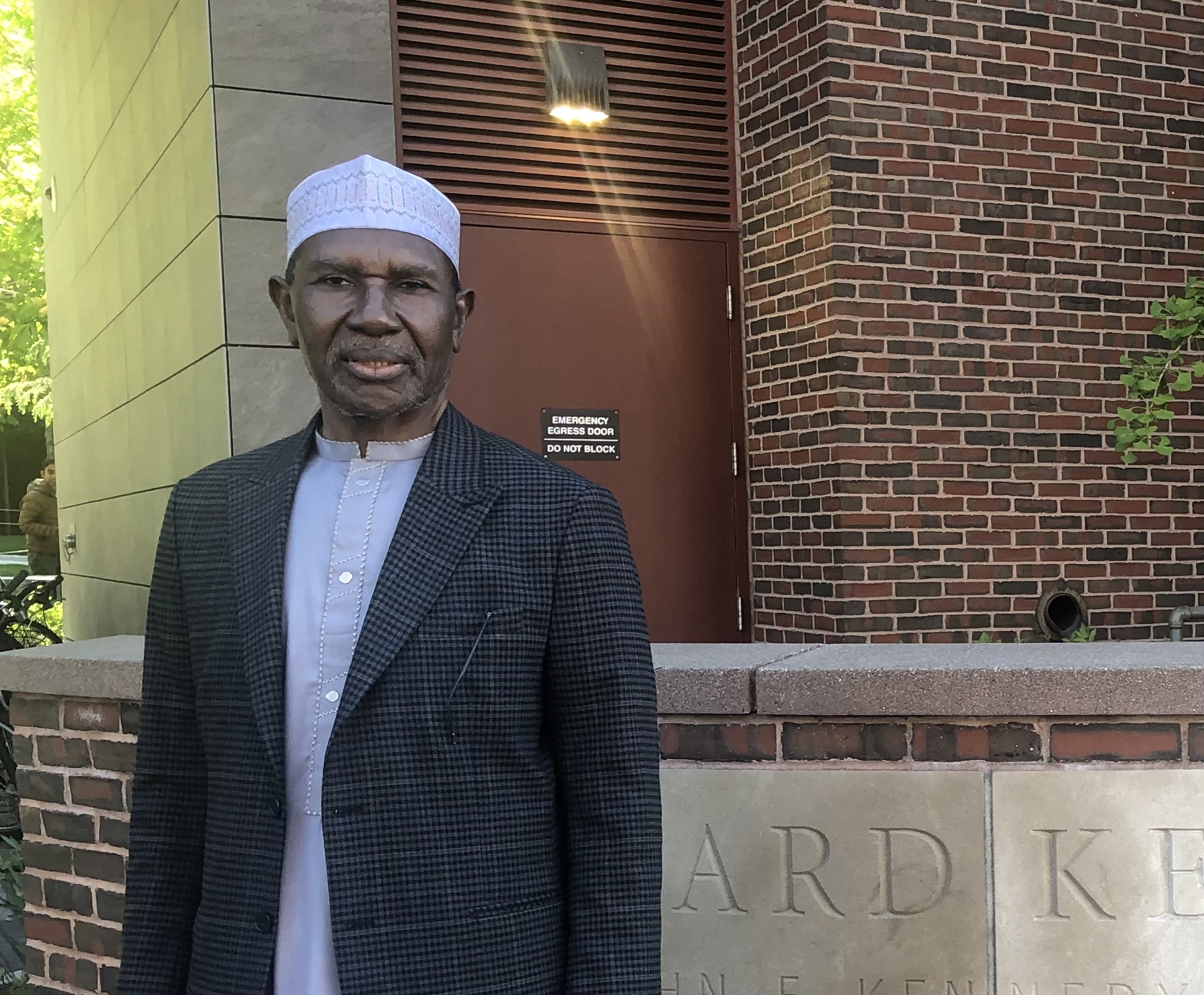In a recent interview with Africa Policy Journal, Nigeria’s Ambassador to Kingdom of Saudi Arabia, Ambassador Yahya Lawal emphasized the importance of African unity and collaboration in order to effectively leverage relationships with major powers.
Ambassador Lawal highlighted the African Union’s Agenda 2063, a comprehensive plan that takes into account the interests of African countries.
He stressed that African countries individually would not be able to achieve much with major powers, but that as a block, they stand a better chance of success.
He further emphasized the need to fast track intra-African trade, and praised the African Continental Free Trade Area (AfCTA) as a wise decision by African leaders to ensure its success.
According to Ambassador Lawal, working together as a force will make it easier to achieve more than by individual countries.
He argued that African countries stand to lose negotiating as individuals with powerful countries. “These are powerful countries. They know how to achieve their interests,” he said.
The ambassador also stressed the importance of the African Union taking a leadership role in organizing meetings between African leaders and other countries, such as China or Europe. He suggested that these meetings would be better organized if the African Union takes its rightful position in organizing these summits. “Whoever wants to deal with African countries should come to Addis Ababa, for instance,” he said.
Ambassador Lawal added that those who want a mutually beneficial partnership with Africa should come to the African Union headquarters, as it is the seat of African power.
He emphasized that Africa has the resources to partner with anyone on a win-win basis, and that this can be achieved under the framework of the African Union.
He concluded by stating that this will make the African Union translate its vision and make it more meaningful on the ground.
In summary, Ambassador Lawal stressed the importance of African unity and collaboration as the key to effectively leveraging relationships with major powers, and highlighted the need for the African Union to take a leadership role in organizing meetings and negotiations with other countries.
